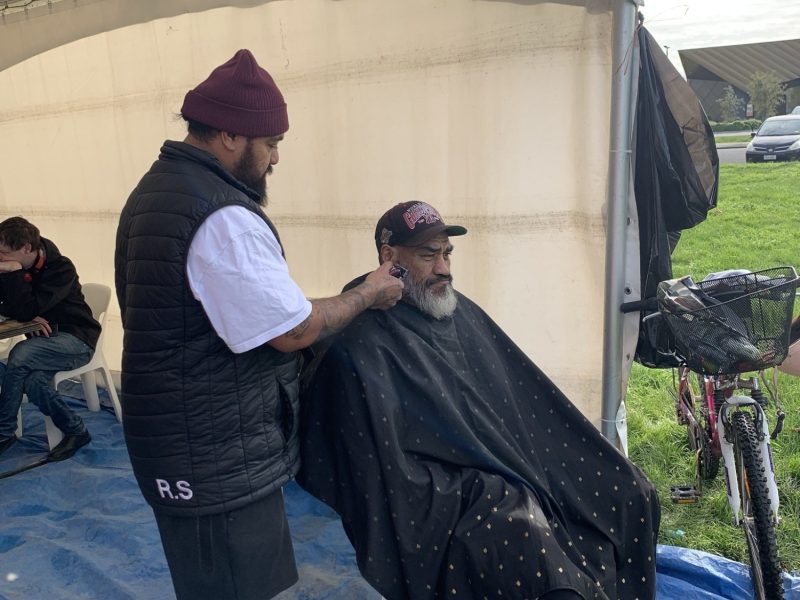Catholic Social Service Practice Informed by Research
by Luis Arevalo - Manager, Catholic Social Services (CSS)

I hear that the epitome of madness is doing the same thing, yet expecting a different outcome. As I wrote in the last issue of Inform, societal statistics around homelessness, food poverty, inequality, and mental health stress are increasing. So, it seems obvious to us that a change in tactics is needed, if we are to be in a position to help reverse some of these statistics.
Here at CSS, we have developed a strategy of participatory social services. We aim to deliver services informed by the community we serve. We seek to listen to the community, and try to understand what they require to move forward in a positive way. Ultimately, we seek to follow the example of Jesus in his constant concern for the poor.
Listening to our community and understanding what we are hearing may be as easy as a hui with the community and asking them what they need. Examples of participatory social services here are our recent soup kitchens, free barber service, and our outreach to schools with psychology learning assessments.
Meeting immediate need is an essential part of our work. On its own, it is not enough. How well we know the expression, “It is better to have the ambulance at the top of the cliff, not at the bottom of the cliff.” At CSS, we know we also need a more in-depth analysis of what lies behind societal statistics so that we can work in a way which does not need an ambulance at the top or bottom of the cliff.
We must have research, on a scale that allows us to extract both qualitative and quantitative answers, in enough detail to clearly understand what the community requires, both now and in the long term.
With the help of the Maurice Carter Trust, we have been able to commission a capacity building research project, focused on determining unmet needs for children between 5-12 years and their whānau within Christchurch City. We are especially interested in quantifying the extent to which truancy (unexplained school absence) is an issue in these communities and for this age group. We wish to explore, through a qualitative approach, the needs, barriers, and issues around truancy at primary school level,
and identify the service needs and gaps. This research will seek to identify: wellbeing service gaps for children aged 5-12 years within Christchurch city, best practice service delivery for children with high levels of non-school attendance at primary school level, and the extent to which these needs and services are available to whānau within the catchment area. We want to know what, if any, additional services CSS should strive to deliver to address unmet needs and fill service gaps.

We are very excited about this research. It will solidify the participatory or ‘bottom up’ strategy we have been working towards over the last 12 months. It will allow CSS to truly deliver research informed social service practice - something quite uncommon in the sector, but we believe it is essential, if we want to reverse some of those statistics. The research will be completed by March 2024. I long for the day I can speak about the positive changes I can see in our societal statistics. Such a change will mean we really are witnessing the preferential love for the poor which characterizes the disciples of Jesus. Then we will have shaken off the epitome of madness: we will be doing a different thing and can justifiably expect a much better outcome.
We are extremely grateful for all the support we receive and look forward to helping to address the needs of the community in the coming year.
God bless.
Published in Inform Issue 139 - Advent 2023
